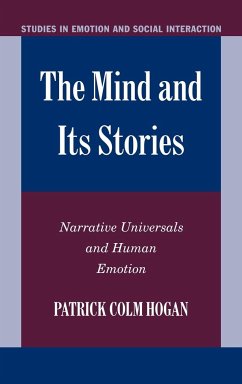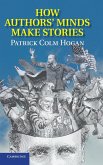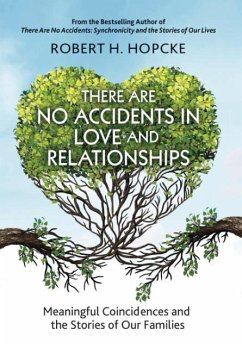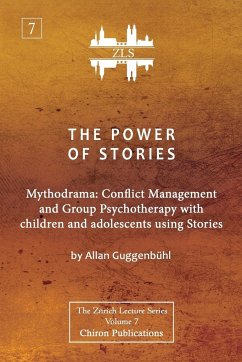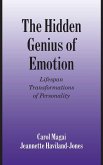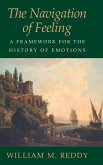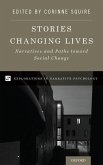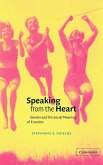Short description/annotation
Stories people admire follow a limited number of patterns determined by ideas about emotion.
Main description
There are profound, extensive, and surprising universals in literature which are bound up with universals in emotion. Hogan maintains that debates over the cultural specificity of emotion are misdirected because they have ignored a vast body of data that bear directly on the way different cultures imagine and experience emotion - literature. This is the first empirically and cognitively based discussion of narrative universals. Professor Hogan argues that, to a remarkable degree, the stories people admire in different cultures follow a limited number of patterns and that these patterns are determined by cross-culturally constant ideas about emotion. In formulating his argument, Professor Hogan draws on his extensive reading in world literature, experimental research treating emotion and emotion concepts, and methodological principles from the contemporary linguistics and the philosophy of science. He concludes with a discussion of the relations among narrative, emotion concepts, and the biological and social components of emotion.
Table of contents:
Introduction: studying narrative, studying emotion; 1. Literary universals; 2. Emotion and suggestion: lexical processes in literary experience; 3. Four hypotheses on emotion and narrative; 4. Writing beyond the ending: a problem of narrative, empathy, and ethics; 5. Extending the theory: emotion prototypes, narrative junctures, and lyric poetry; 6. Testing, revision, and the program of research in narrative universals: Ainu epic and the plot of sacrifice; 7. The structure of stories: some general principles of plot; Afterword: from the emotional nature of narrative to the narrative nature of emotion; Notes.
Stories people admire follow a limited number of patterns determined by ideas about emotion.
Main description
There are profound, extensive, and surprising universals in literature which are bound up with universals in emotion. Hogan maintains that debates over the cultural specificity of emotion are misdirected because they have ignored a vast body of data that bear directly on the way different cultures imagine and experience emotion - literature. This is the first empirically and cognitively based discussion of narrative universals. Professor Hogan argues that, to a remarkable degree, the stories people admire in different cultures follow a limited number of patterns and that these patterns are determined by cross-culturally constant ideas about emotion. In formulating his argument, Professor Hogan draws on his extensive reading in world literature, experimental research treating emotion and emotion concepts, and methodological principles from the contemporary linguistics and the philosophy of science. He concludes with a discussion of the relations among narrative, emotion concepts, and the biological and social components of emotion.
Table of contents:
Introduction: studying narrative, studying emotion; 1. Literary universals; 2. Emotion and suggestion: lexical processes in literary experience; 3. Four hypotheses on emotion and narrative; 4. Writing beyond the ending: a problem of narrative, empathy, and ethics; 5. Extending the theory: emotion prototypes, narrative junctures, and lyric poetry; 6. Testing, revision, and the program of research in narrative universals: Ainu epic and the plot of sacrifice; 7. The structure of stories: some general principles of plot; Afterword: from the emotional nature of narrative to the narrative nature of emotion; Notes.

